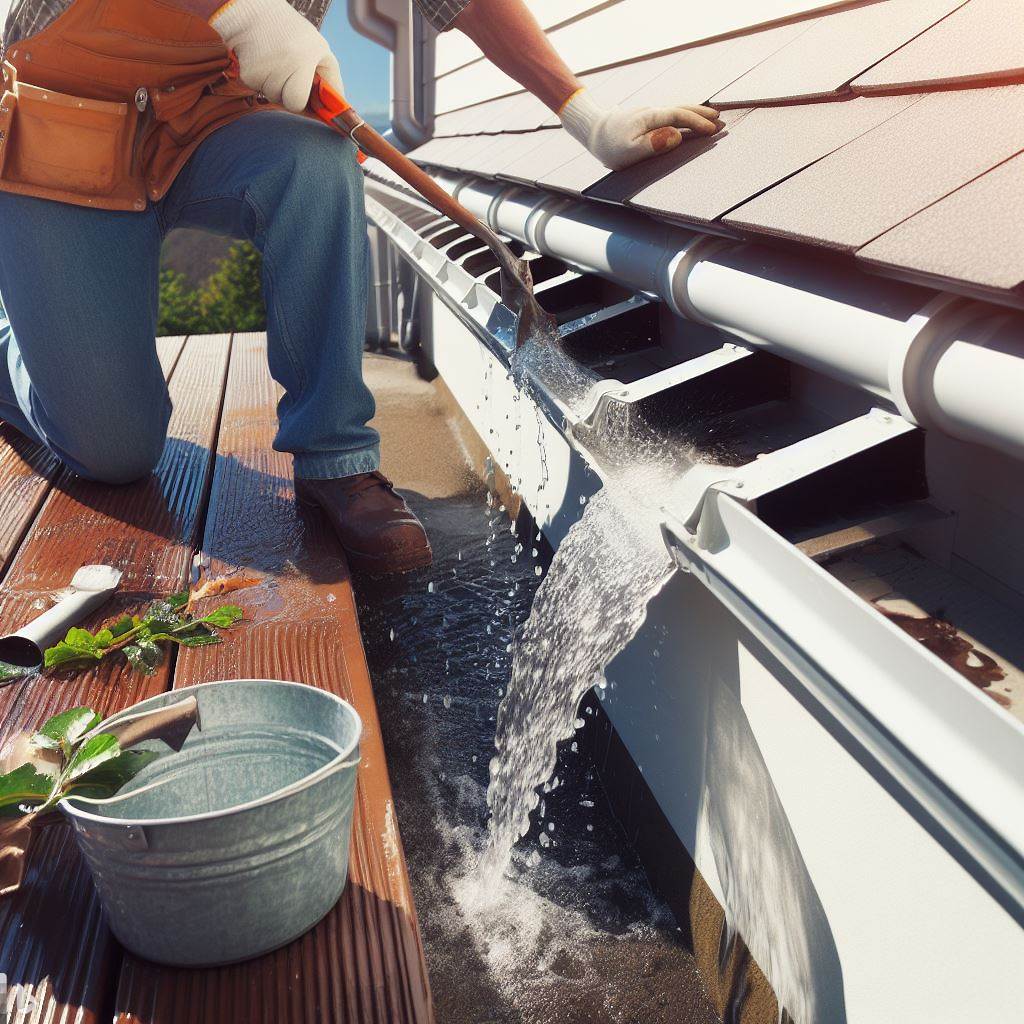
Introduction:
A plumbing emergency can be a homeowner’s worst nightmare, striking suddenly and causing significant damage if not addressed promptly. From burst pipes and overflowing toilets to water heater malfunctions, these unforeseen disasters can wreak havoc on your home and peace of mind. In this comprehensive guide, we’ll equip you with the knowledge and steps to take when facing a plumbing emergency. By knowing how to respond quickly and efficiently, you can mitigate damage, protect your property, and ensure the safety of your loved ones.
1. Stay Calm and Safe:
In the chaos of a plumbing emergency, staying calm is essential. Ensure the safety of yourself and your family by turning off electrical power to the affected area if necessary and avoiding contact with standing water.
2. Shut Off the Water Supply:
The first step in containing a plumbing emergency is to shut off the water supply to the affected fixture or area. Locate the shut-off valve nearest to the problem, whether it’s a sink, toilet, or appliance. Knowing the location of these valves in advance can save precious minutes during an emergency.
3. Call a Professional:
In many plumbing emergencies, it’s crucial to call a professional plumber immediately. Emergency plumbers have the expertise and equipment to handle severe issues like burst pipes, gas leaks, and extensive water damage. Keep the contact information for a reliable emergency plumbing service handy.
4. Address Small Leaks and Drips:
While waiting for the plumber to arrive, you can take temporary measures to contain small leaks and drips. Use towels or buckets to catch water and minimize damage to floors and furnishings.
5. Turn Off the Water Heater:
If the emergency involves your water heater, turn it off to prevent further damage or overheating. Follow the manufacturer’s instructions for safely shutting down the unit.
6. Clear Drains and Stop Blockages:
For minor clogs or blockages, attempt to clear the drain using a plunger or drain snake. Avoid using chemical drain cleaners, as they can exacerbate the problem or damage your pipes.
7. Know the Location of Shut-Off Valves:
Familiarize yourself with the location of main water shut-off valves, gas shut-off valves, and individual fixture shut-off valves in your home. Knowing how to turn off the water or gas supply to specific areas can prevent further damage in emergencies.
8. Prevent Frozen Pipes:
In cold weather, take precautions to prevent frozen pipes, which can lead to bursts. Insulate exposed pipes, keep cabinet doors open to allow warm air circulation, and let faucets drip to relieve pressure.
9. Document the Damage:
As soon as it’s safe to do so, document the damage with photographs or videos. This documentation can be valuable when filing insurance claims or seeking compensation for repairs.
10. Safety First: Gas Leaks:
In the event of a gas leak, leave your home immediately and call the gas company or emergency services. Do not use electrical devices, light matches, or create any sparks.
11. Communicate with Neighbors:
If your plumbing emergency could potentially affect neighbors or adjoining properties, inform them about the situation to minimize any collateral damage or inconvenience.
12. Establish an Emergency Kit:
Prepare an emergency plumbing kit that includes essential tools like wrenches, pliers, and a flashlight. Having these items readily available can help you take immediate action during an emergency.
13. Regular Maintenance and Inspections:
Prevention is key to avoiding plumbing emergencies. Schedule regular maintenance and inspections of your plumbing system to identify and address potential issues before they escalate.
14. Aftermath and Restoration:
Once the emergency has been resolved, assess the damage and begin the restoration process. This may involve repairing or replacing damaged fixtures, flooring, and drywall. Work with professionals experienced in restoration to ensure thorough cleanup and repairs.
Conclusion:
A plumbing emergency can be a harrowing experience, but being prepared and knowing how to respond can make all the difference. By staying calm, taking swift action to contain the issue, and enlisting the help of professionals when necessary, you can minimize damage and protect your home. Remember that prevention is key, so regular maintenance and inspections are essential in avoiding plumbing emergencies in the first place. With the right knowledge and preparedness, you can handle plumbing disasters with confidence and ensure the safety and well-being of your household.
Explore more informative articles by checking out our other blog posts.



